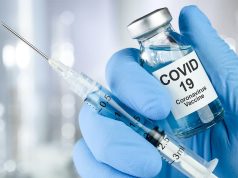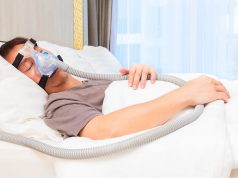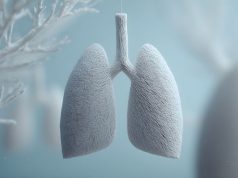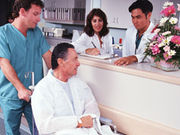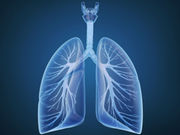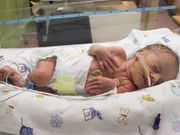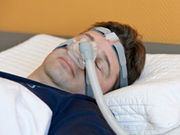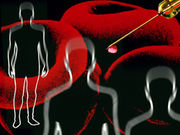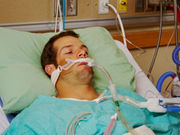Vertical Integration Insurance Products of Higher Quality
Slight increase in percentage of insurance products offered by hospitals, health systems from 2011-2015
90 Percent of U.S. Physicians Satisfied With Career Choice
AMA survey of physicians, residents, and medical students finds most are satisfied despite challenges
Proton Pump Inhibitor Use Ups Pneumonia Risk in Dementia
Independent risk factors for pneumonia include age, male gender, underlying cerebrovascular disease
Enteral DHA Doesn’t Cut Preemie Bronchopulmonary Dysplasia Risk
Relative risk of physiological bronchopulmonary dysplasia up for infants born before 29 weeks
TV Ads for ACA Enrollment Linked to Decline in Uninsured Rates
Counties exposed to higher volumes of local insurance ads had larger drop in uninsurance
Obstructive Sleep Apnea May Increase Nighttime Urination
Researchers find nocturia reduced when CPAP is used
ACP Issues Challenge to Cut Task Burden and Put Patients First
American College of Physicians details policy recommendations to reduce administrative burden
Long-Term Thrombolytic Tx No Benefit in Intermediate-Risk PE
Findings at three years for tenecteplase vs placebo in patients with intermediate-risk pulmonary embolism
Paid Malpractice Claims Cut in Half From 1992 to 2014 in U.S.
But, increase in mean compensation amounts and percentage of paid claims exceeding $1 million
DEX Doesn’t Reduce Mortality in Those With Sepsis on Ventilator
Dexmedetomidine also did not reduce ventilator-free days for sepsis patients on mechanical ventilation



